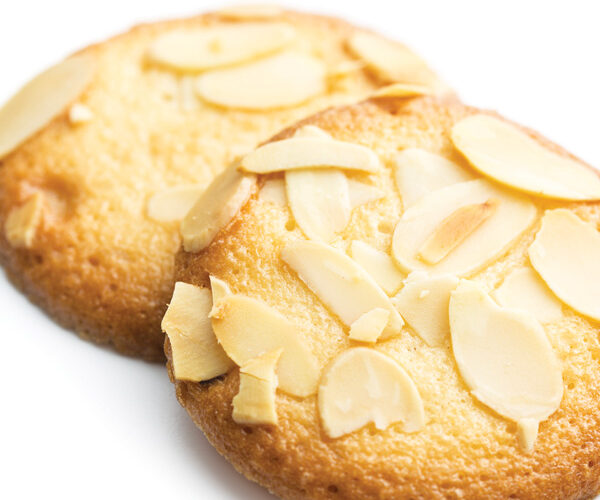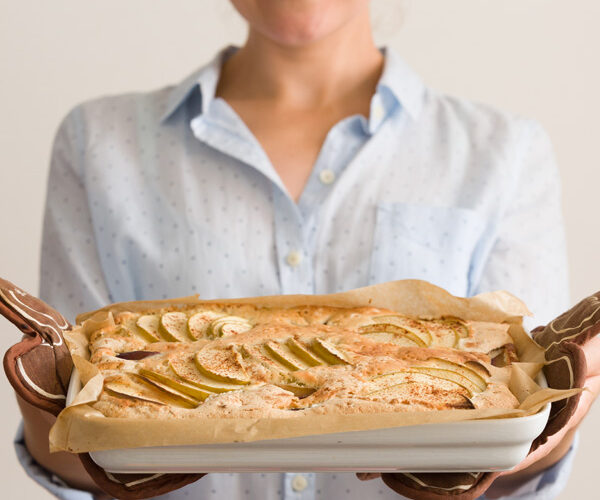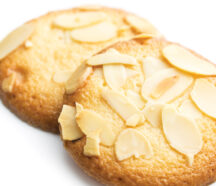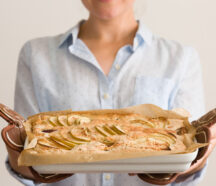Glossary of High Holiday Terms
Source: MyJewishLearning.com and NSW Board of Education
Akedah – Pronounced ah-keh-DAH. Literally “binding,” the Akedah refers to the biblical story of the binding of Isaac, which is traditionally read on the second day of Rosh Hashanah.
Chag sameach – Pronounced KHAG sah-MAY-akh. Literally “happy holiday,” a common greeting on Rosh Hashanah and other Jewish holidays.
Elul – Pronounced el-OOL (oo as in food). The final month of the Jewish calendar, it is designated as a time of reflection, introspection and repentance.
Het (also chet) – Pronounced KHET (short e). Sin, or wrongdoing.
Kiddush Cup – A wine goblet, often made of silver, used for making Kiddush, a blessing over wine (or grape juice) recited at the beginning of most Jewish holiday meals.
L’shana tovah u’metukah – Pronounced l’shah-NAH toe-VAH ooh-meh-too-KAH. A Hebrew greeting for the High Holiday season that means, “For a good and sweet year.”
Mahzor (also machzor) – Pronounced MAHKH-zohr. Literally “cycle,” the mahzor is the special prayer book for the High Holidays, containing all the special High Holiday liturgy.
Selichot (also Selihot) – Pronounced slee-KHOTE. Literally “forgivenesses,” selichot are prayers for forgiveness. Selichot refers to two related types of penitential prayers. The first are the prayers that are customarily recited daily at morning services during the month of Elul. This is also the name of the service that takes place late at night on the Saturday preceding Rosh Hashanah and consists of a longer series of these penitential prayers.
Shofar – Pronounced shoh-FAR or SHOH-far (rhymes with “so far”). The ram’s horn that is sounded during the month of Elul, on Rosh Hashanah, and at the end of Yom Kippur. It is mentioned numerous times in the Bible, in reference to its ceremonial use in the Temple and to its function as a signal-horn of war.
Tashlich (also Tashlich) – Pronounced TAHSH-likh. Literally “cast away,” Tashlich is a ceremony observed on the afternoon of the first day of Rosh Hashanah, in which sins are symbolically cast away into a natural body of water. The term and custom are derived from a verse in the Book of Micah (Micah 7:19).
Teshuvah (also teshuva) – Pronounced tih-SHOO-vuh. Literally “return,””, teshuvah is often translated as “repentance.”.” It is one of the central themes and spiritual components of the High Holidays.
Tishrei – Pronounced TISH-ray. The first month in the Hebrew calendar, during which Rosh Hashanah, Yom Kippur and Sukkot all occur.
Unetaneh Tokef – Pronounced ooh-nuh-TAH-neh TOH-keff. Literally “we shall ascribe,” a religious poem recited during the Musaf (additional service). Amidah that is meant to strike fear in us.
Yamim Noraim – Pronounced yah-MEEM nohr-ah-EEM. Literally “Days of Awe,””, a term that refers to the High Holiday season. Sometimes it is used to refer to the 10 days from Rosh Hashanah through Yom Kippur, which are also known as the Aseret Yimei Teshuva, or the 10 Days of Repentance.
Yom Tov – Pronounced YOHM TOHV or YON-tiff. This is a general term for the major Jewish festivals.
Glossary
Apples and Honey – On Rosh Hashanah it is customary to eat apples dipped in honey. The apples remind us of the roundness of the year and the hope that the coming year will be fruitful, and the honey represents the wish for a sweet year. It is also customary to dip challah (the special bread used on Shabbat or a holy day) in honey rather than in salt (as is done during the rest of the year) in the hope that the new year will be just as sweet as the honey.
Special Challah – Specially-shaped challah is eaten instead of the usual plaited challah (bread) that we eat on Shabbat. The challah eaten on Rosh Hashanah is either round to signify a long life span and a smooth, even year, or (less commonly) in the shape of a ladder to signify our journey upwards to talk to G-d. Challah for Rosh Hashanah is often made with either a sweet dough, or sweet fruit like raisins baked into it.
Pomegranate – A pomegranate is said to have 613 seeds, which is the number of mitzvot (commandments or good deeds) in the Torah. We eat pomegranate on Rosh Hashanah to show our hope that we will perform all the mitzvot of the Torah during the coming year.
Tzimmes – Sweet carrots, cooked with sugar, raisins or prunes are served with the Rosh Hashanah meal, again in the hope of a sweet year.
Subscribe to our newsletter
The Associated is a home for everyone in the Baltimore Jewish community. We offer several email lists to help people find a community, engage with their peers and support Jewish journeys around the world.
Join Our Mailing ListAdd Impact to Your Inbox
Sign up for our newsletter
Subscribe to our newsletter
The Associated is a home for everyone in the Baltimore Jewish community. We offer several email lists to help people find a community, engage with their peers and support Jewish journeys around the world.
Join Our Mailing List









 Please Wait while we loading your video.
Please Wait while we loading your video.